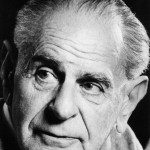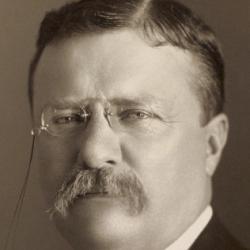One of my favorite quotes from the “Father of Existentialism”; not an argument against objective moral truth, but on the emptiness of such knowledge without a passionate embrace.
“What I really need to get clear about what I am to do, not what I must know, except insofar as knowledge must precede every act. What matters is to find purpose, to see what it really is that God wills that I should do; the crucial thing is to find a truth that is a truth for me. to find the idea for which I am willing to live and die. Of what would it be to me to discover a so called objective truth, to work through philosophical systems so that I could, if asked, make critical judgments about them, could point out the fallacies in each system; of what use would it be to me to be able to develop a theory of the state, getting details from various sources and combining them into a whole, and constructing a world I did not live in but merely held up for others to see; of what use would it be to me to be able to formulate the meaning of Christianity, to be able to explain many specific points – if it had no deeper meaning for me in my life? … I certainly do not deny that I still accept an imperative of knowledge and that through it men may be influenced, but then it must come alive in me, and this is what I now recognize as the most important of all.” (Soren Kierkegaard, Journals and Papers)
Image credit: Wikimedia













